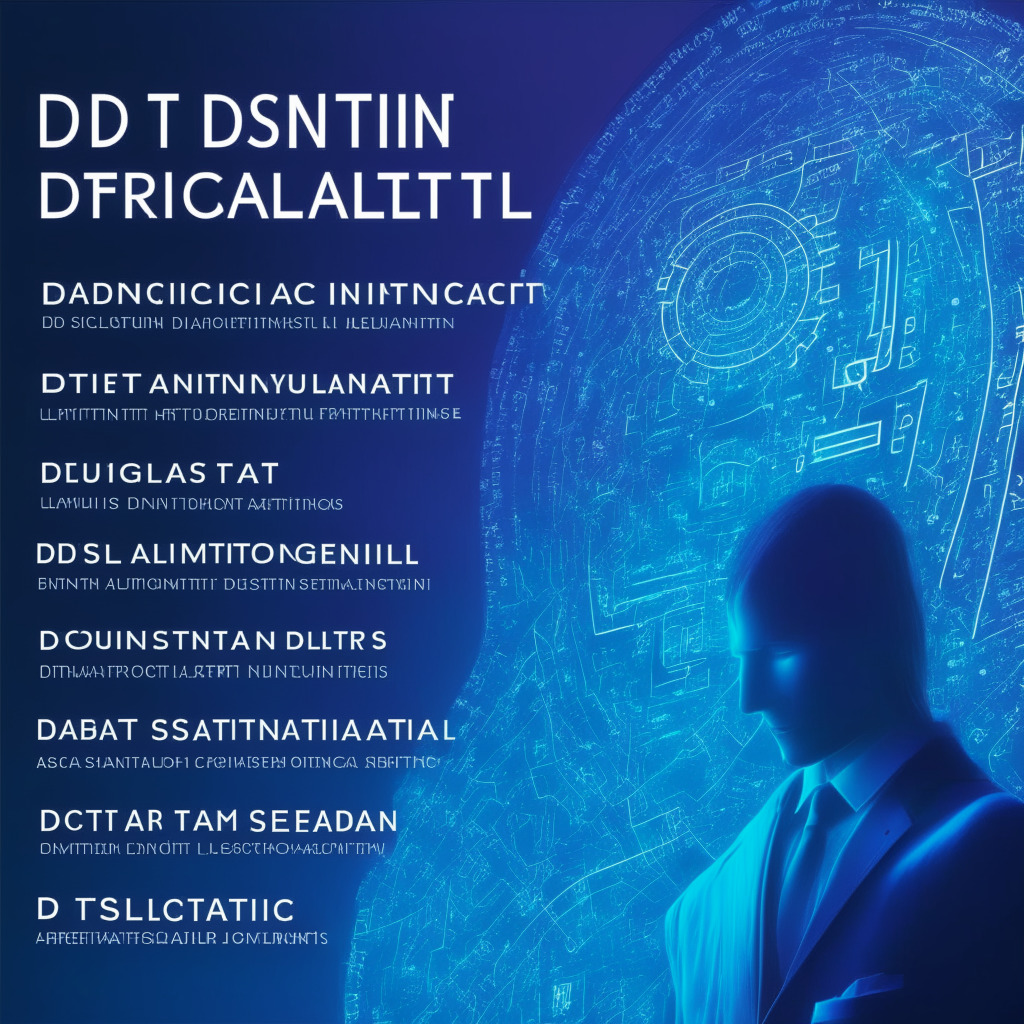In recent dialogue with The Block, Fadi Aboualfa, crypto research heavyweight, pronounced the prevailing Central Bank Digital Currency (CBDC) platforms as “less than satisfying cash alternatives for routine transactions.” The observer defied the common optimism surrounding CBDCs in light of the fresh proposal for Hong Kong’s CBDC debut and the Bank of International Settlements’ (BIS) groundbreaking scheme for a globally integrated CBDC-friendly “unified ledger.”
Given the advancements, the Swiss-based financial institution affirms that tokenization is the beating heart of monetary evolution, facilitated via programmable platforms supervised by central banks. The proposed “unified ledger” is the nerve center featuring CBDCs, tokenized deposits, and a myriad of other tokenized assets to automate the space of financial transactions.
However, Aboualfa, unconvinced by the current mode of CBDC models, voiced his speculation, suggesting that CBDCs today are far from fitting substitutes of hard cash. The concerns emanate from the system’s inability to comprehensively address the technical parameters essential to supplant physical cash. This draws a cloud of apprehension over their practicability and efficacious deployment in real-world transactions.
Launching a CBDC model that efficiently replaces cash equivalents is a colossal task with myriad daunting challenges. Transitioning from conventional fiat to a digital counterpart entails overcoming substantial logistical, technological and regulatory obstructions.
Aboualfa underscores the often-overlooked issue of CBDC interoperability. He notices how existing blueprints hint at a proliferation of isolated blockchains, supervised by intermediaries. “In a rush to follow uniform standards and blockchain application, it becomes unrealistic to anticipate a global consensus on CBDC architecture,” He surmised.
The researcher indicates the potential pitfalls of CBDC issuance via commercial banks. With tokens potentially carrying particular bank branding, consumer trust could be fragile. Aboualfa warns of havoc in decentralized markets in the event of a bank scandal. Pointing at the example of the Silicon Valley Bank, he cautioned how consumer trust in a branded CBDC could plunge in an instance of severe distress, caving into chaos in decentralized open markets.
In conclusion, while CBDCs are undeniably a key feature in the future of global finance, the path to effective implementation is riddled with logistical, technical, and regulatory challenges. The redesigning of these models should prioritize integration and interoperability over uniform standards. The challenge also lies in gaining consumer trust in a new mode of currency marked by notorious examples of failed institutional finance.
Source: Cryptonews




